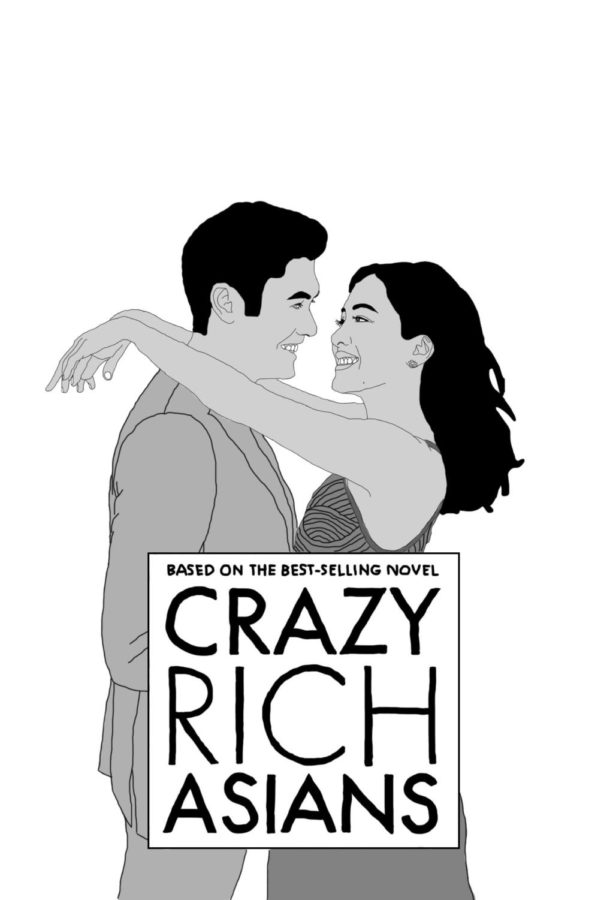Crazy Rich Asians: A small step towards Asian representation in Hollywood
This August, “Crazy Rich Asians” was released with unprecedented success in theaters around the world. “Crazy Rich Asians” has climbed to the number 10 spot in box offices, making more than $150 million its first month in theaters, according to Box Office Mojo. The film featured a completely Asian cast for the first time in the past 25 years of Hollywood’s history.
The film has received extensive media and news coverage in response to the fully Asian cast, but has also received lots of criticism in regard to its representation of Asian people. The film follows a Chinese American New Yorker who travels to Singapore to meet her boyfriend’s extremely rich family. Extravagant scenes show the elite lifestyle of the family, displaying luxury cars, houses, jewelry and fashion.
“We just want you to enjoy a great movie with great characters who you root for to have love in their life, then you realize ‘oh yeah and they’re Asian, why haven’t we seen this before’?” Director Jon M. Chu said in an interview with NBC News. In today’s Hollywood movies, white actors are favored to fill protagonist roles, so the appearance of Asian actors in leading roles rather than supporting roles is a relatively new concept for moviegoers. The last Hollywood film with a primarily Asian cast was “The Joy Luck Club,” made in 1993. These films share similarities, including a Chinese mother’s disapproval of her child’s American fiancee in both films. “Crazy Rich Asians” shows this same stereotype of Asian culture, yet fails to represent a wider range of experiences of the majority of Asians even 25 years later.
“I think the success will make people less reluctant to accept Asians. It’s money, it’s glitzy, everyone’s pretty. It has all of the elements to a successful movie,” said Charisse Wu, Urban’s 11th/12th Grade Dean. But despite some excitement around the glitz and glamour of the movie, some people resented its focus on only wealthy Asian culture. “I think it well represented Asian culture in terms of that one percent of rich people, but it didn’t represent the less privileged groups of people in Asia. Also, it only showed the east Asian side of Asians,” said Xiaoyu Feng ‘20.
News sources such as the New York Times similarly commented on the failure of “Crazy Rich Asians” to represent the greater Asian community. “It is an unabashed celebration of luxury and money, with hints of class conflict that have more to do with aspiration than envy or anger, set in an Asia miraculously free of history or politics,” movie critic A. O. Scott wrote for the New York Times.
There have been other newsworthy and successful Hollywood films released this year that feature racially diverse casts and themes. Featuring a primarily black cast, Marvel’s “Black Panther” has held the number one spot in box offices in the eight months since its release. “Black Panther” has been praised for its representation of black actors and for addressing the social issues faced by black people in real life today.
“We would love to crack that door, even more, to help other storytellers so we don’t have to depend on one story [or] one set of characters to say everything about Asians,” Said Chu. Although “Crazy Rich Asians” is not an all-encompassing image of the Asian experience, its success will hopefully inspire the creation of more Asian-oriented films with a wider range of perspectives.












